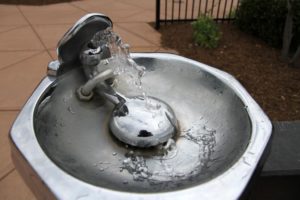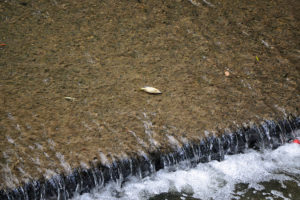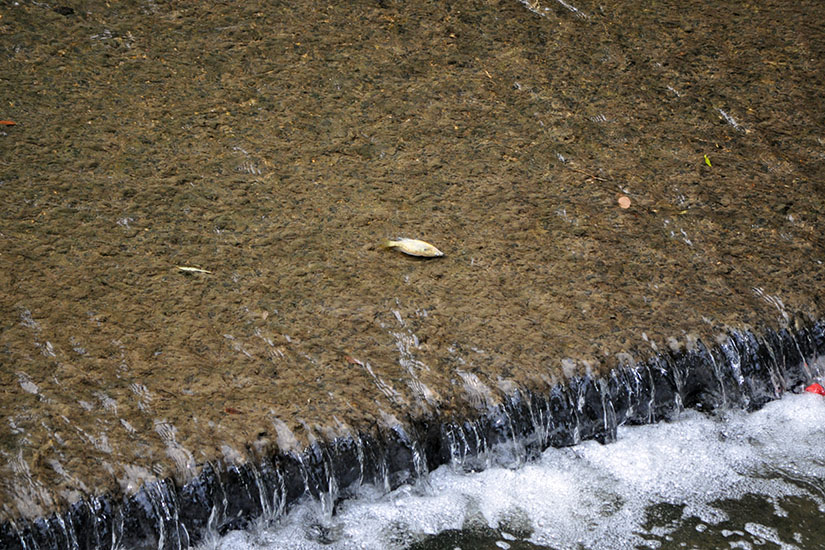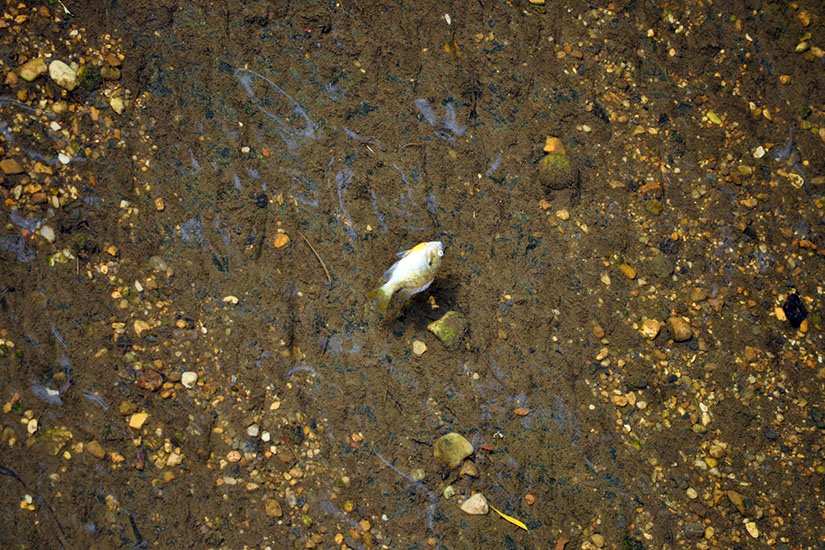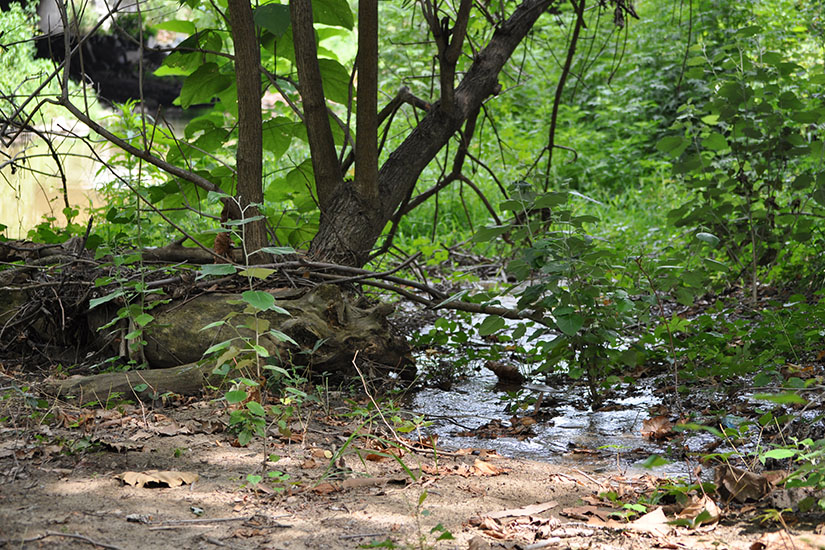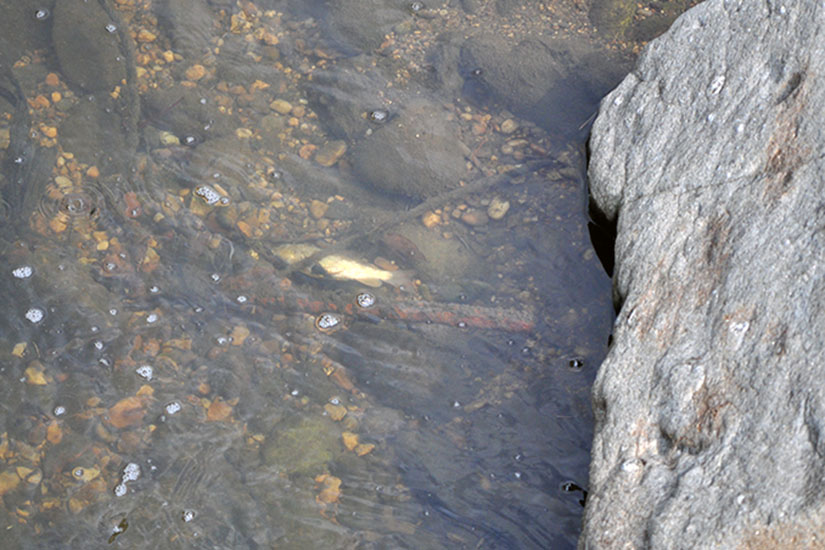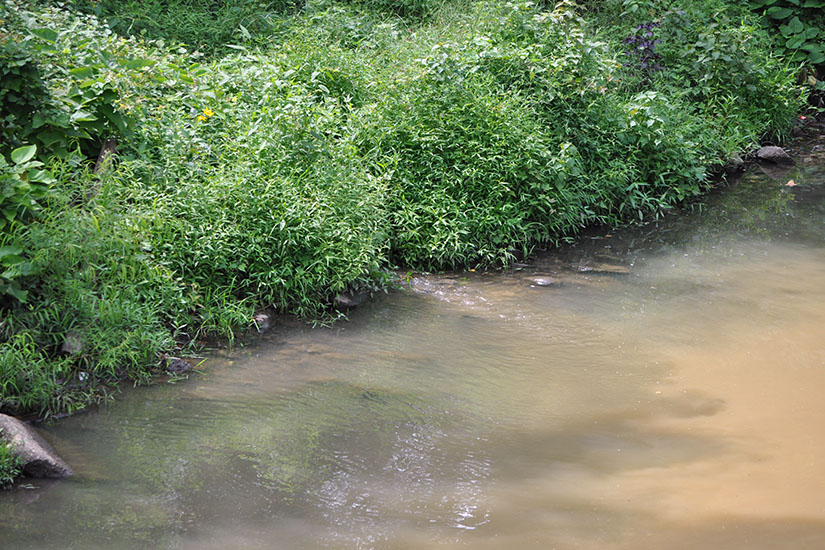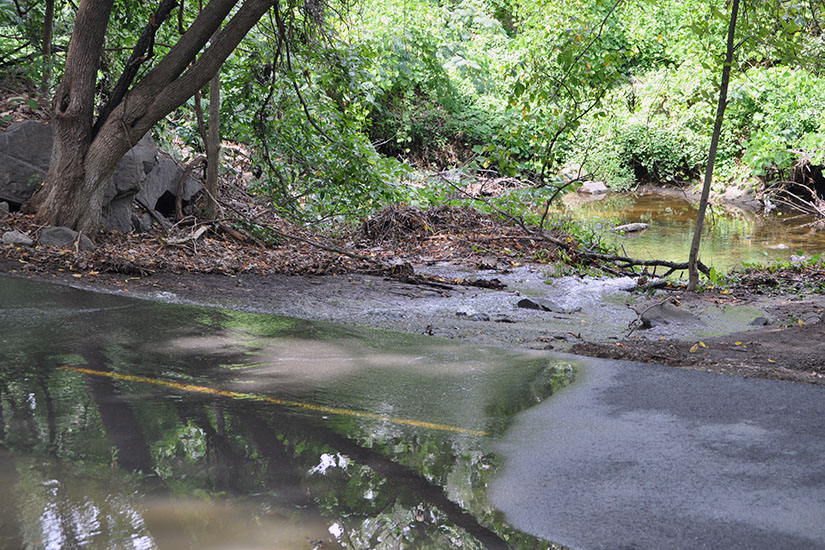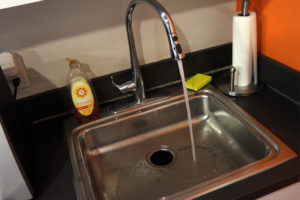 The county’s drinking water may taste slightly different starting next week, as the regional supply system gets its annual spring cleaning.
The county’s drinking water may taste slightly different starting next week, as the regional supply system gets its annual spring cleaning.
From March 20 through April 17, the disinfectant in the water will switch temporarily from chloramine to chlorine, as part of routine cleaning of the drinking water systems by crews from the Washington Aqueduct.
Aqueduct crews will also add a corrosion control inhibitor during the switch to prevent the potential release of lead in system pipes throughout the region. County officials said extensive research in Arlington has never found any lead service lines or lead pipes inside homes.
During the cleaning, the county’s Water, Sewer, Streets Bureau will continually monitor for safe chlorine levels and conduct system-wide flushing. Staff will also start systematically flushing fire hydrants throughout the county.
Running the cold water tap for about two minutes, using water filters and letting water sit in a container in the refrigerator generally remove chlorine taste and odor.
The bureau will release its annual water quality report in May. The county’s drinking water has been found to meet standards set by the Environmental Protection Agency and the Virginia Department of Health.
More from a county press release:
From March 20 through April 17, Arlington’s safe and dependable drinking water may taste slightly different as the regional supply system undergoes its annual spring cleaning.
Crews at the Washington Aqueduct will begin the temporary disinfectant switch from chloramine to chlorine. The annual switch in water disinfection is part of a routine program to clean and maintain the drinking water systems. The Aqueduct also adds a corrosion control inhibitor during the switch to prevent the potential release of lead in system pipes throughout the region. Extensive research in Arlington has never found any lead service lines or lead pipes inside homes.
During the cleaning, Arlington’s Water, Sewer, Streets Bureau will continually monitor the output for safe chlorine levels as well as conduct system-wide flushing to enhance water quality. Concurrently, staff will also start systematically flushing fire hydrants throughout the County.
Running the cold water tap for about two minutes, using water filters and letting water sit in a container in the refrigerator are generally effective for removing chlorine taste and odor.
Customers who take special precautions to remove chloramine from tap water should continue such methods during the temporary switch to chlorine. As always, those with special concerns should consult their health care provider.
Operated by the U.S. Army Corps of Engineers, the Washington Aqueduct is the wholesale water supplier for Arlington, the District of Columbia and northeastern Fairfax.
Arlington’s drinking water meets all of the safety standards established by the federal Environmental Protection Agency and Virginia Department of Health.
The bureau’s next annual water quality report will be released in May.



